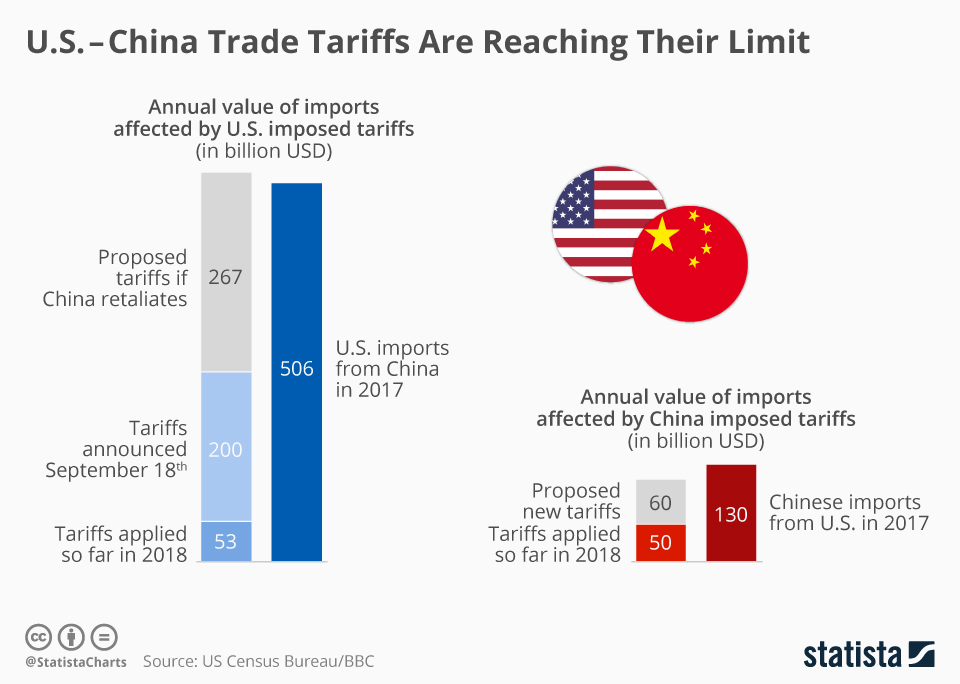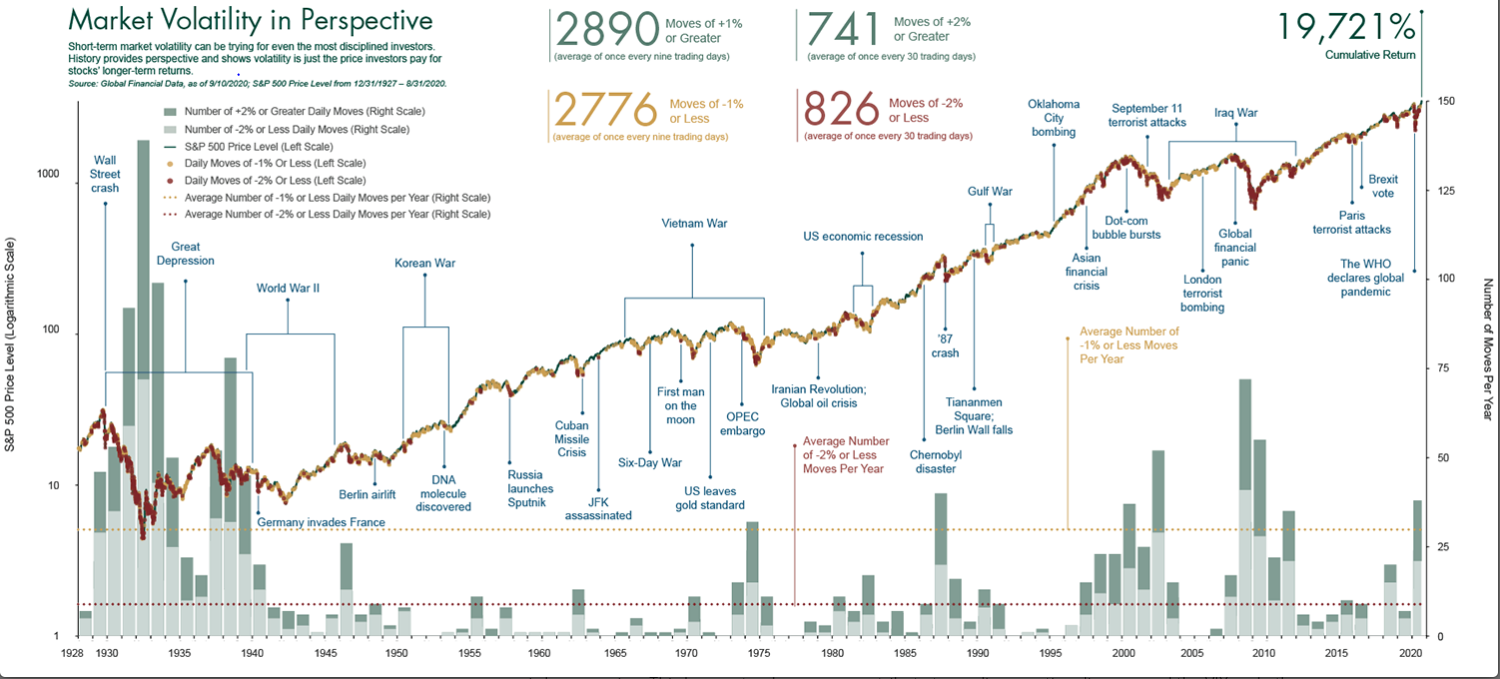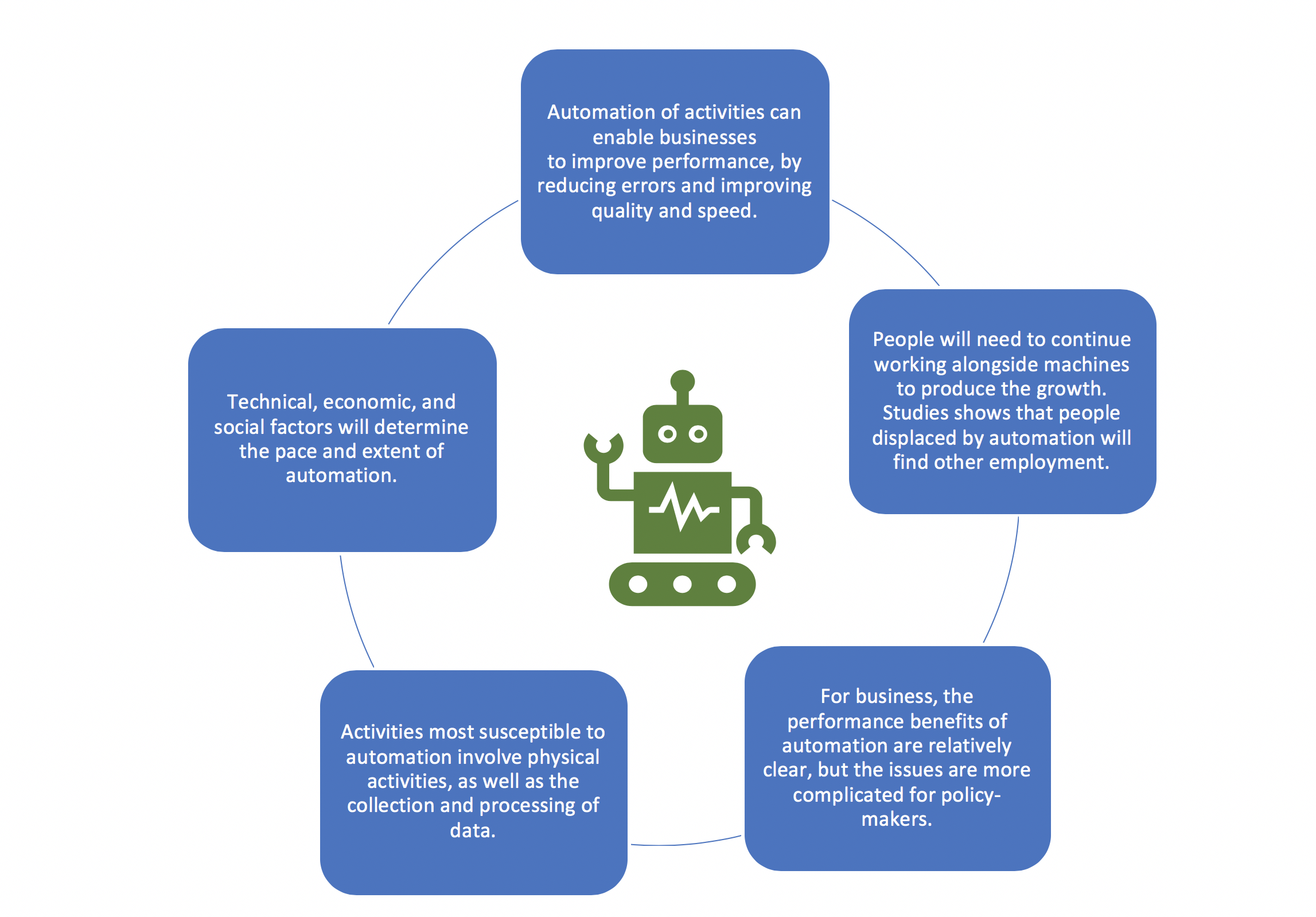China tariffs have long been a contentious issue, igniting debates on their potential repercussions for both the U.S. economy and international relations. As tensions escalate, particularly in the context of a revived trade war, concerns mount about the implications for American consumers and businesses alike. From increased prices to supply chain disruptions, the consequences of these tariffs could ripple through the U.S. economy, complicating an already delicate economic landscape. Furthermore, the effects of these tariffs could extend beyond trade, potentially dampening U.S.-Beijing relations and encouraging China to strengthen its ties with traditional allies in Europe and beyond. As experts weigh in, understanding the dynamics at play is crucial for navigating the complexities of today’s global economy.
The subject of tariffs imposed on imports from China raises significant questions about their impact on international commerce and domestic markets. Often viewed as a tool in trade negotiations, these levies can lead to heightened tensions, often referred to as a trade war, which can destabilize established relationships between nations. The economic ramifications of such tariffs can manifest as increased prices for consumers and disruptions within supply chains that have been finely tuned over decades. Moreover, the potential consequences can drive countries closer together, as nations affected by similar policies seek solidarity against common challenges. As discussions around trade and economics evolve, clarity on the implications of these tariffs becomes paramount for stakeholders across all sectors.
Understanding the Impacts of China Tariffs on the U.S. Economy
The introduction of tariffs on Chinese goods is part of a broader strategy amidst escalating trade tensions that could significantly reshape the U.S. economy. As these tariffs enter into effect, American consumers may face higher prices as manufacturers are forced to pass the increased costs onto consumers. Economists warn that such inflationary pressures could diminish purchasing power, prompting consumers to cut back on spending, which, in turn, could slow economic growth. These interactions reflect the intricate relationships within the U.S. economy that are sensitive to external trade policies.
Moreover, the imposition of tariffs might lead to unforeseen supply chain disruptions, which could hinder the efficiency that many companies rely on. Since many American businesses have complex supply chains that integrate components from various countries, tariffs could complicate logistics, thereby delaying production and increasing costs further. This dynamic could especially strain industries heavily dependent on imports, ultimately destabilizing the broader economy and triggering a cycle of retaliatory measures from China that could exacerbate the trade war.
The Trade War’s Influence on U.S.-China Relations
The ongoing trade war between the U.S. and China represents more than just economic contention; it encapsulates a significant geopolitical rivalry that has far-reaching implications. As tariffs exacerbate tensions, opportunities may arise for China to enhance its strategic partnerships with other nations, thereby challenging U.S. influence globally. For instance, if American tariffs prompt European and Asian nations to reconsider their trade relations with the U.S., China may leverage this to foster deeper ties, effectively countering U.S. efforts to isolate it economically and politically.
This shifting landscape may force the U.S. to reevaluate its diplomatic strategies in Asia and beyond. If tariffs create a coalition of countries feeling pressured by U.S. trade policies, it could lead to the emergence of alternative alliances centered around economic cooperation that exclude the U.S. Consequently, the ramifications of these tariffs could extend beyond immediate trade balances, shaping global alliances for years to come.
Supply Chain Challenges and the Future of American Manufacturing
The potential for supply chain disruptions resulting from tariffs on Chinese imports presents a significant concern for American manufacturing. With many firms increasingly relying on a global supply chain that includes Chinese components, tariffs could create bottlenecks, hindering production timelines and inflating costs. As a result, companies might begin to seek alternative suppliers, which could shift the dynamics of manufacturing not only in the U.S. but globally, as firms look to diversify their supply chains away from China.
Ultimately, while some firms may accelerate reshoring initiatives or explore new partnerships in countries like Vietnam or India, this transition won’t be instantaneous. Adapting supply chains involves substantial time and investment to establish new manufacturing capabilities and logistics. Hence, the tariffs could inadvertently prompt a longer-term transformation in the landscape of American manufacturing, with companies forced to innovate and adapt to survive in this new economic climate.
Rethinking Trade Policies: Risks and Opportunities
In considering the implications of tariff policies, it’s essential to evaluate both the risks and opportunities that arise. Harsh tariffs may aim to protect certain industries in the U.S., but they could also provoke retaliation from China, reigniting a trade war that could spiral out of control. The interconnectedness of the global economy means that actions taken in isolating one country can ultimately backfire, creating a more fragmented trade environment that could stifle economic growth for all parties involved.
On the other hand, this challenging period could spur innovation within the American economy as businesses look for new ways to adapt to the realities imposed by tariffs. Companies may find opportunities to improve local production, enhance competitiveness, and invest in research and development to sustain profit margins despite the pressures of international trade dynamics. Thus, the current trade policy landscape requires a careful balancing act between protectionism and innovation-driven growth.
The Role of Beijing in Shaping Global Trade Dynamics
Beijing’s reaction to escalating tariffs is pivotal in shaping not only its own economic strategies but also the broader dynamics of global trade. Understanding China’s approach to the proposed tariffs involves analyzing its existing economic vulnerabilities, such as a weakened housing market and sluggish consumer demand. As these tariffs complicate its ability to reach markets like the U.S., China may look to bolster trade ties with other nations, offering an avenue for cooperation in sectors that traditionally benefit from reduced tariffs.
Furthermore, as China strategizes its response, it may enhance its diplomatic efforts to counteract U.S. policies that threaten its economic interests. This could involve reaching out to established allies and seeking new partnerships, thereby mitigating the impact of the tariffs while repositioning itself as a proactive player in international trade discussions. The outcomes of such strategies may redefine alliances and economic practices that could last well beyond the current administration.
Assessing the Long-Term Effects of Tariff Policies
The long-term effects of tariff impositions on China and its implications for the U.S. are complex and multifaceted. While immediate reactions may involve significant economic strain, the broader consequences could lead to a reconfiguration of economic strategies in both regions. As industries adapt, U.S. policymakers must consider the possibility of increased costs translating into consumer goods, which could foster greater domestic demand for local production, potentially reshaping how American consumers interact with both domestic and foreign products.
In the long run, these tariff policies may serve as a catalyst for deeper analysis and reform of international trade relations. Policymakers may find themselves compelled to develop more nuanced frameworks that balance protective measures with the necessity of maintaining open trade routes. The consequences could translate into more sustainable diplomatic and economic policies that proactively work towards stabilizing relations while fostering mutual benefits in trade.
Identifying Alternative Suppliers: The Supply Chain Shifts
As U.S. tariffs push companies to seek alternative suppliers, a noticeable shift is occurring in global supply chains. Countries like India and Vietnam are emerging as potential replacements for Chinese manufacturing capabilities. However, merely shifting production isn’t an instantaneous process; it demands significant investments in both capital and time to build up the necessary industry infrastructure. This ongoing shift may also lead to increased competition among countries eager to attract foreign investments, potentially leading to higher production costs in the long run.
Additionally, this reconfiguration highlights the importance of diversifying supply chains beyond reliance on any single country, especially in the face of international tensions. The ability to pivot quickly between suppliers can contribute to resilience against future trade disruptions, ensuring that American manufacturers retain flexibility in sourcing materials and goods. Therefore, the broader economic landscape may benefit from increased robustness against potential global supply chain threats.
Economic Resilience in the Face of Trade Policies
To ensure economic stability amid changing trade policies, the U.S. must focus on resilience-building strategies within its domestic economy. This entails not only adapting existing industries to mitigate the effects of tariffs on supply chains but also investing in future innovations that can insulate the economy from potential trade shocks. Enhancing infrastructure, gaining access to newer markets, and fostering technological advancements can significantly bolster the U.S. economy’s capacity to withstand such fluctuations.
Moreover, developing a clearer strategy towards international collaboration can provide an opportunity for the U.S. to lead in forming new trade agreements that emphasize fair trade and mutual benefits. By adopting policies that prioritize both domestic growth and international partnership, the U.S. can navigate the complexities of global trade relations while pursuing a path towards sustainable economic prosperity.
The Future of U.S.-China Trade: An Evolving Landscape
In examining the future of U.S.-China trade relations, it’s crucial to recognize that both nations may find themselves navigating a path of evolving economic dynamics. As the U.S. considers implementing further tariffs, China will undoubtedly respond strategically, which could redefine the essence of their trading relationship. The potential for renewed negotiations may arise, emphasizing a necessity for a balanced approach that fosters cooperation over conflict.
However, the rapid changes in the economic landscape underline the importance of adaptability for both nations. China may seek to shore up its economic footing by pursuing market diversification, while the U.S. has to grapple with the potential consequences of its tariff strategies. The ongoing dialogue between these powers may ultimately dictate the levels of trust, cooperation, and alliance-building in the years to come.
Frequently Asked Questions
What are the potential consequences of increased China tariffs on the U.S. economy?
Increased China tariffs could lead to higher consumer prices in the U.S., disrupt supply chains, and result in labor shortages. These tariff consequences may harm American businesses and potentially weaken U.S.-Beijing relations, as America attempts to renegotiate its trade agreements.
How could U.S.-China trade tensions affect supply chain disruptions?
The trade war fueled by China tariffs can exacerbate supply chain disruptions, as companies relying on Chinese imports may face delays and increased costs. This could lead U.S. manufacturers to seek alternative suppliers, potentially impacting their competitiveness and operational efficiency.
Why are China tariffs significant in the context of U.S.-Beijing relations?
China tariffs are crucial as they represent escalating trade tensions between the U.S. and China, turning into a trade war that complicates diplomatic relations. The U.S. government’s tariff policies may push China to strengthen ties with other global allies, further straining traditional relations for the U.S.
What industries in the U.S. are most likely to be impacted by tariffs on Chinese goods?
Industries such as electronics, automotive, and consumer goods are most likely to be adversely affected by tariffs on Chinese imports. Increased China tariffs can raise production costs leading to higher retail prices, impacting American consumers and overall market demand.
Could the increase in China tariffs lead to shifts in global trade patterns?
Yes, higher China tariffs could shift global trade patterns as companies look to diversify their supply chains away from China. This may result in a rise in imports from countries like Vietnam or India, potentially altering the dynamics of international trade.
In what ways might China respond to new U.S. tariffs?
China may respond to new tariffs by implementing retaliatory measures, such as imposing their own tariffs on U.S. goods, or by strengthening trade relations with other countries. This could also include efforts to attract foreign investment and reduce dependency on the U.S. market.
How might increased tariffs affect American consumers directly?
Increased tariffs can lead to higher prices for everyday goods and services, impacting American consumers’ purchasing power. Higher costs could result from manufacturers passing along tariff-related expenses, causing inflation and reduced consumer spending.
What role do tariffs play in the broader context of the U.S.-China trade war?
Tariffs play a critical role in the U.S.-China trade war, serving as tools used by policymakers to address trade imbalances and economic grievances. They signify a more aggressive stance towards Beijing, aiming to pressure China into changing its trade practices, but they can also have unintended economic consequences.
How could the imposition of tariffs influence labor markets in the U.S.?
The imposition of tariffs could lead to labor market disruptions in the U.S. by increasing costs for manufacturers, which may then cut jobs or slow hiring. Additionally, industries seeking to relocate production may struggle to find sufficient labor in new markets, further complicating employment dynamics.
Are there alternative countries that could benefit from reduced Chinese imports due to tariffs?
Yes, countries like Vietnam and India could benefit from reduced Chinese imports as companies seek alternative manufacturing locations. However, shifting supply chains is complex and may take time to develop sufficient capacity to meet U.S. demand.
| Key Points | Details |
|---|---|
| China Tariffs Impact | Potentially harmful to U.S. economy due to increased prices and supply chain disruptions. |
| U.S. Trade War Concerns | New tariffs could intensify economic tension and create opportunities for China to strengthen ties with U.S. allies. |
| China’s Economic Challenges | China is already facing economic instability, which could worsen with tariff increases from the U.S. |
| Negotiation Opportunities | China may view tariff increases as a catalyst for renewed negotiations with the U.S. |
| Strategic Global Shifts | China is diversifying its markets through initiatives like the Belt and Road Initiative to reduce reliance on U.S. imports. |
| Impact on Supply Chains | A sudden reduction in imports from China could cause significant supply chain disruptions in the U.S. |
| Political Ramifications | Potential tariffs may lead to a repositioning of international alliances, pushing allies closer to China. |
Summary
China tariffs are poised to bring significant changes to international trade dynamics. The imposition of new tariffs by the U.S. could not only harm China’s fragile economy but also lead to unexpected repercussions for American consumers, such as higher prices and potential supply chain disruptions. Importantly, these tariffs may serve as an opportunity for China to bolster its relationships with traditional U.S. allies while enhancing its positioning in the global market. As both nations navigate this complex trade landscape, the ultimate impact of China tariffs remains to be seen, highlighting the intertwined fates of these powerful economies.



